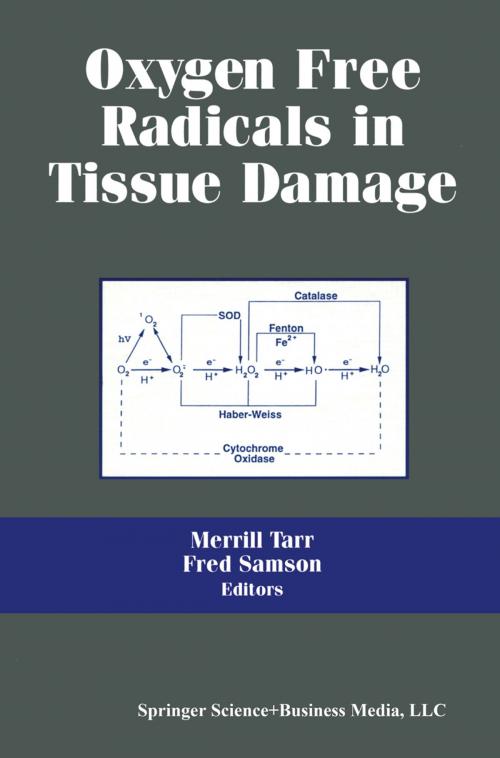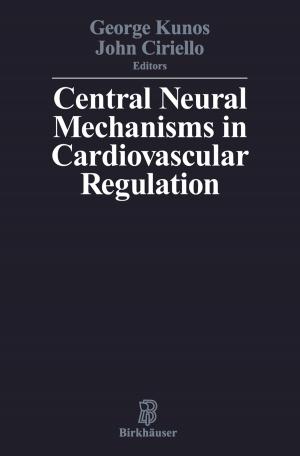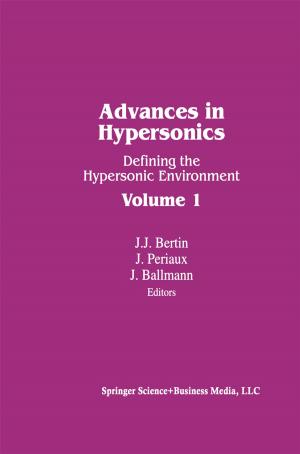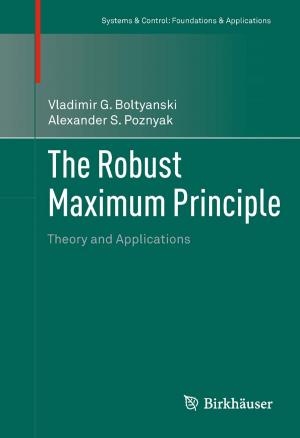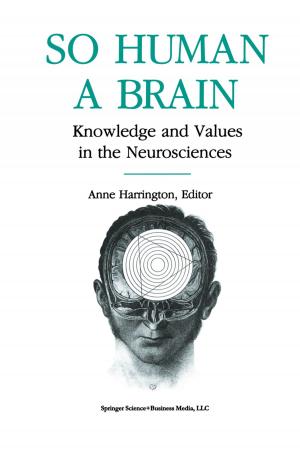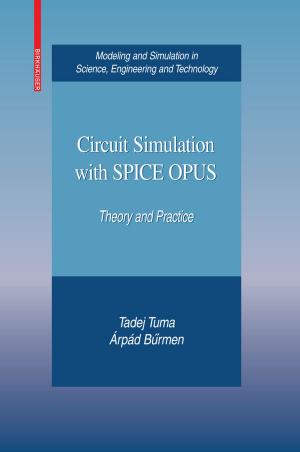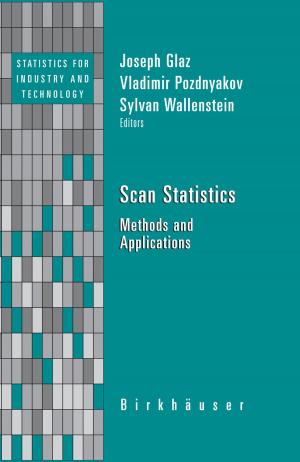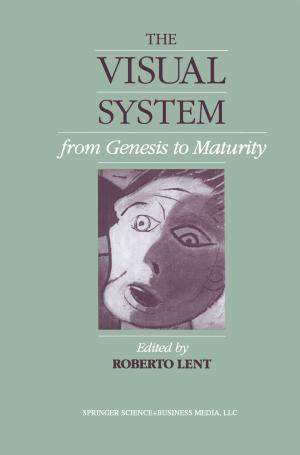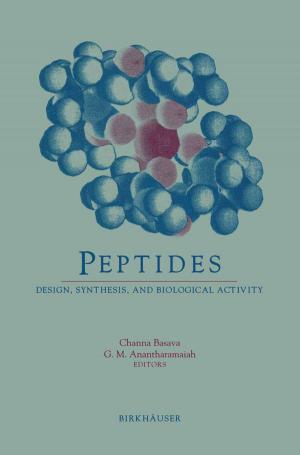Oxygen Free Radicals in Tissue Damage
Nonfiction, Science & Nature, Science, Other Sciences, Molecular Biology, Reference & Language, Education & Teaching| Author: | TARR, M., SAMSON, F. | ISBN: | 9781461598404 |
| Publisher: | Birkhäuser Boston | Publication: | June 29, 2013 |
| Imprint: | Birkhäuser | Language: | English |
| Author: | TARR, M., SAMSON, F. |
| ISBN: | 9781461598404 |
| Publisher: | Birkhäuser Boston |
| Publication: | June 29, 2013 |
| Imprint: | Birkhäuser |
| Language: | English |
Oxygen free radicals and other reactive oxygen species are being postulated as causal agents in an increasing number of pathological conditions. Indeed, some investigators are suggesting that highly destructive reactive oxygen species are the final common path lead ing to tissue damage following a wide variety of insults including trauma, hypoxia, ischemia, hyperoxia, radiation, some toxins, and even strenuous athletic pursuits. But, as Robert Floyd points out, "Proof of the importance of oxygen free radicals and the oxidative damage they initiate depend on unequivocal evidence for the pres ence of free radicals and a clear association of their formation with the induction of the dysfunction of pathological conditions. " Since such proof does not come easily, there have been and will continue to be many controversies regarding the role played by reactive oxygen species in tissue damage. There have been many recent reviews of the chemistry and pos sible role of reactive oxygen species in many types of organ dys functions, tissue damage, degenerative diseases, and aging. This book is not such a review. Rather it presents for a diverse audience of physical-organic chemists, biochemists, medical researchers, and other investigators of pathophysiology, discussions of a variety of is sues important for understanding reactive oxygen species and their role in tissue damage.
Oxygen free radicals and other reactive oxygen species are being postulated as causal agents in an increasing number of pathological conditions. Indeed, some investigators are suggesting that highly destructive reactive oxygen species are the final common path lead ing to tissue damage following a wide variety of insults including trauma, hypoxia, ischemia, hyperoxia, radiation, some toxins, and even strenuous athletic pursuits. But, as Robert Floyd points out, "Proof of the importance of oxygen free radicals and the oxidative damage they initiate depend on unequivocal evidence for the pres ence of free radicals and a clear association of their formation with the induction of the dysfunction of pathological conditions. " Since such proof does not come easily, there have been and will continue to be many controversies regarding the role played by reactive oxygen species in tissue damage. There have been many recent reviews of the chemistry and pos sible role of reactive oxygen species in many types of organ dys functions, tissue damage, degenerative diseases, and aging. This book is not such a review. Rather it presents for a diverse audience of physical-organic chemists, biochemists, medical researchers, and other investigators of pathophysiology, discussions of a variety of is sues important for understanding reactive oxygen species and their role in tissue damage.
